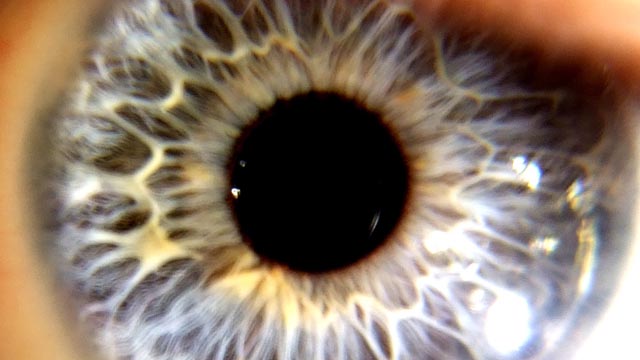Surprising Science
All Stories
For a disorder that affects 1 in every 110 American children and 1 in every 70 American boys, there are a surprising number of misconceptions about autism. Study after study […]
There can be few drivers who have not wanted to hurl a G.P.S. system out of the window when it guides the car into a traffic jam. Will new emotionally sensitive systems help?
Companies that specialize in science fiction and futuristic space travel will embrace the commercial space age.
The widespread use of biometrics will change how we see our health and fitness and open up new vistas for the health care industry.
In 2011, “solid evidence will emerge for some form of life on Mars based upon inferring a biogenic origin for the methane gas in its atmosphere.”
The next time you take in a movie, you may be getting a lesson in cutting-edge physics without even knowing it. Many special effects would be impossible without fluid dynamics.
Number one on many scientists’ 2011 to-do list is to find the Higgs boson—a particle so important to science that it’s been dubbed the “God particle.”
While science can improve our lives and cure disease, it can also be used for evil. Here are 25 experiments that destroyed lives, or have the potential to unleash doomsday.
Turning off mobile phones and avoiding the Internet can leave people suffering from symptoms similar to those seen in drug addicts trying to go cold turkey, researchers have found.
Depression is a major public health problem. Policymakers, treatment providers, and patients need unbiased research and responsible dissemination of information by the press.
The standard cosmological model holds that most of the matter in the universe remains missing in action; now a small but vocal group of cosmologists is challenging that model.
A British study shows conservatives’ brains tend to have larger amygdalas, which are responsible for more primitive emotions such as fear.
Harvard scientist Jeff Lichtman wants to build a full map of the mind by carving off slivers of a mouse brain and passing the portions through a powerful electron microscope.
Maybe age really is just a number. How young or old someone feels has a huge influence on their health and how other people view them—if you feel young, you are young.
As the year draws to a close, it’s time again to take a look back at some videos that really struck a chord with our audience this year. A glance […]
Because of the wave nature of matter, there is a finite possibility—albeit a minuscule one—that you could go to bed on Earth and wake up the next morning on Mars.
Breaking the analog world into zeros and ones results in some loss of information, but it allows for an infinite number of exact replications.
People who watch funny videos on the Internet may be taking advantage of the latest psychological science—putting themselves in a good mood so they can think more creatively.
A clothing company has begun marketing a pair of cargo pants with solar panels sewn into its pockets. The panels are designed to charge personal electronic devices.
The amygdala is a brain structure crucial for regulating emotions. But the size of the amygdala also reveals just how rich and varied a social life a person leads.
Evidence is growing that your DNA sequence does not determine your entire genetic fate. Geneticist Joseph Nadeau is trying to find out what accounts for the rest.
An effective response to the obesity epidemic will come only when pundits and policymakers unite around scientifically-robust policies that address its causes and consequences.
Private companies Virgin Galactic and SpaceX are likely to dominate headlines in the coming year, and may make 2011 the most exciting yet for private space flight.
A Tibetan lama believes he cured his gangrene-stricken leg by meditating for a year. Now scientists are studying his brain, hoping to discover a medical miracle.
Television and cinema screens that produce holographic images without the need for special glasses are being developed by computer giant Apple.
Video and photo editing, smartphone apps, email and other digital tools are gaining popularity as parents try to persuade their 21st-century kids that there is a Santa Claus.
Butler “challenged the status quo, looking at what could be achieved in later life, not at what might be lost,” writes Richard Hodes, Director of the National Institute on Aging.
The father of fractal geometry “was one of the most visionary mathematicians from the latter part of the twentieth century,” writes Boston University professor Robert Devaney.
By intensely focusing the sun’s rays on a rare earth oxide, researchers have discovered a reactor that could produce fuel from water in an easily stored form.
One is a gadget-maker, the other a search engine—but now Apple and Google are at odds. Robert Lane Greene reports on how each company requires a different leap of faith.








